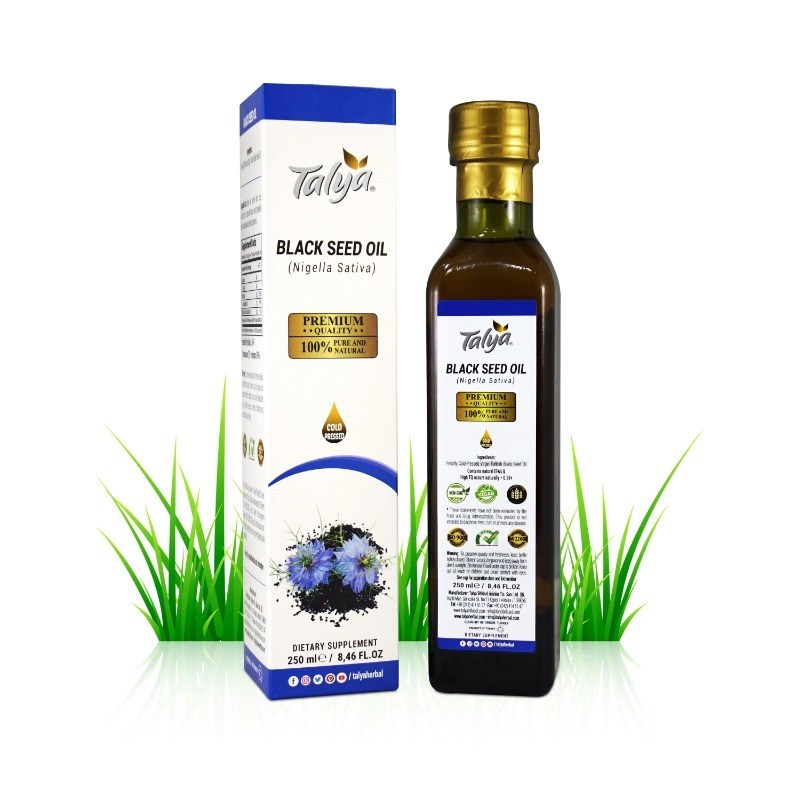We all love spring, but along with the world coming to life, the beautiful buds and blooms beginning to open can cause allergy problems for many.
For people who have problems with spring allergies, it's actually an inflammatory immune response to the tiny grains of pollen that are being released by everything bursting into bloom. With seasonal allergies, your body actually sees that harmless pollen as a damaging invader, causing immune inflammation and the symptoms we all hate: itchy, watery eyes and a stuffed, runny nose. Your body is actually trying to protect you, it’s just a little misguided.
For many people, it's hard to tell the difference to figure out if its allergies or a cold, though unfortunately allergies usually last a lot longer than cold symptoms.
Most people turn to over the counter medications for allergies, but those medications often come with side effects and many people find their effectiveness can wane over time.
Thankfully, there are natural products that can really help with allergies, without the side effects of conventional medications. One great supplement for allergies is quercetin. Quercetin has become much more well known in the past couple years, since it's great for the immune system and has potent antiviral properties.
Quercetin is great for allergies since research has shown its ability to help modulate the immune system and calm down the body’s overactive response to seasonal allergens like pollen. It also reduces histamine levels naturally- histamine is the chemical in the body responsible for symptoms like runny nose, sneezing, watery eyes, and more. Quercetin is especially effective since it inhibits numerous anti-allergenic and inflammatory processes in response to allergens, not just histamine.
The anti-allergic and anti-inflammatory properties of quercetin have been shown in numerous studies, finding that quercetin has a significant inhibitory effect on histamine release. One study found that quercetin affected histamine release by 95% to 97%! Quercetin has also been shown to benefit asthma and allergic asthma since it works in part to help relax swollen airways.
For allergies, a typical dose that most people see benefit from is 500mg of quercetin twice daily. We have capsules by Solaray in that dosage that are on sale at Pass Health Foods. Quercetin is a plant pigment found in citrus and other foods and has a great safety profile.
Another (delicious) remedy for allergies is local honey. We have many customers who’ve seen great results from eating small amounts of local honey each day, for both kids and adults. Our honey is sourced from local beekeeping families and we do have a limited quantity of honey harvested last spring that we’ve been saving for allergy season. All of our local honey is great, but the spring harvested honey we especially recommend for allergies since the spring honey was made from the spring pollen from blooms in our area, the exact pollen that causes spring allergies.
Happy spring!



